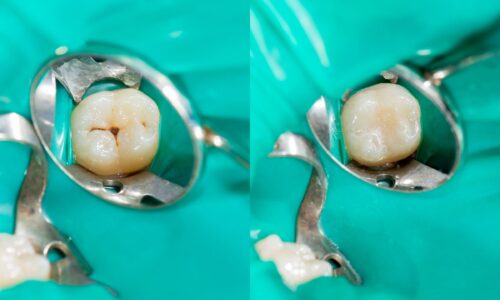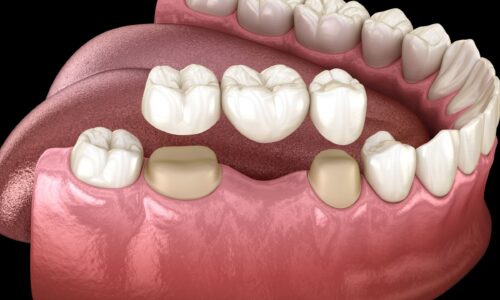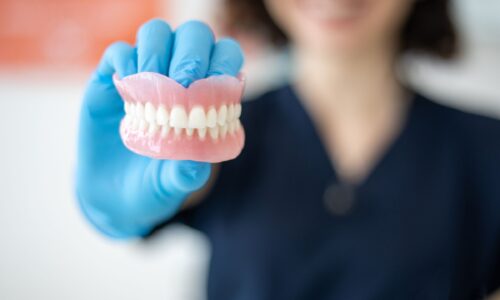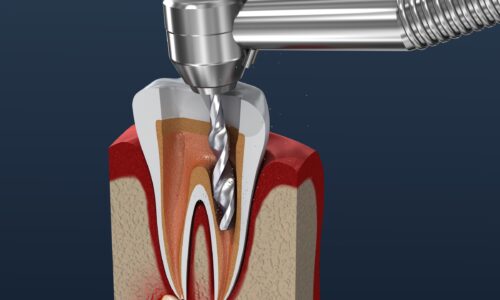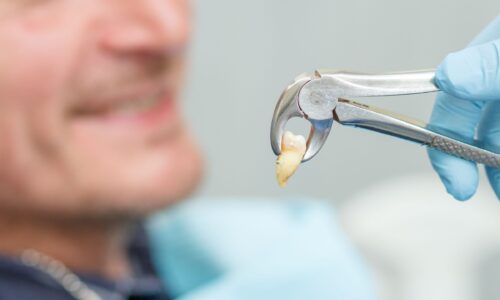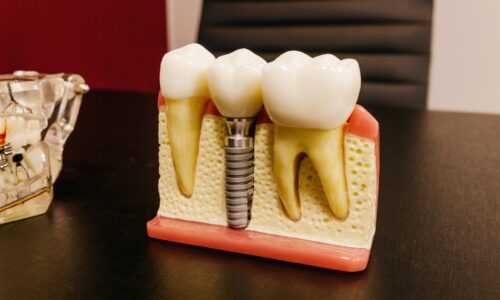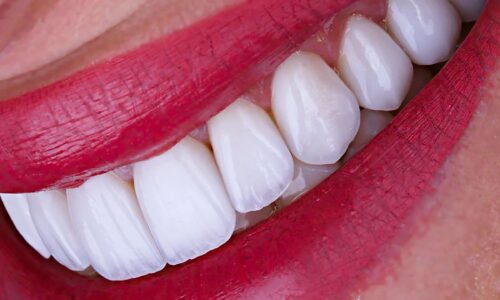Fixing broken or missing teeth can also encourage better hygiene. It can be challenging to floss or brush when you have damaged teeth. Restoring them helps you take better care of your other teeth. Restorative dentistry can also help align your bite. When you are missing teeth, your other teeth have room to migrate in your mouth. That can result in your teeth shifting out of alignment. More than just a cosmetic issue, a misaligned bite can cause other physical problems. It can lead to additional dental trauma, jaw pain, neck pain, and TMJ issues.
Our teeth are critical for eating, but they are also essential for one of the things that make us human- communication. When your teeth are damaged, talking correctly can be difficult. Restorative dentistry can help restore your ability to speak.
There are multiple types of restoration. We create prosthetic teeth to replace missing ones. Removable prostheses, such as bridges and dentures, are generally less expensive. You can remove them. The process is also usually quicker. Implants are non-removable and virtually indistinguishable from your natural teeth. However, the process can be more expensive and time-consuming than removable prosthetic teeth.
If you choose a permanent implant, you may need bone restoration. Tooth loss can occur because of bone loss, and your jaw bone does not naturally regenerate. We can use bone grafts to encourage the growth of bone in your jaws. It can be an essential step for implants to ensure that the bone will be strong enough to hold them. Some people with significant jaw loss may also need bone restoration for their dentures.
We also offer full mouth reconstruction. We can do a full mouth reconstruction if most teeth need significant work. That involves removing your remaining teeth and replacing them with dentures or implants. Depending on the condition of your mouth, this process may take multiple steps. However, if you choose implants, the replacements should last the rest of your life. It improves your appearance and dramatically increases your quality of life.
If you are experiencing tooth loss or damage that negatively impacts your life, we can help. Contact us to schedule a consultation. We will thoroughly examine your teeth and discuss the different restoration options. We will work with your insurer to get as much coverage as possible, and we will work with Care Credit if you need payment options for the remainder of the costs.

